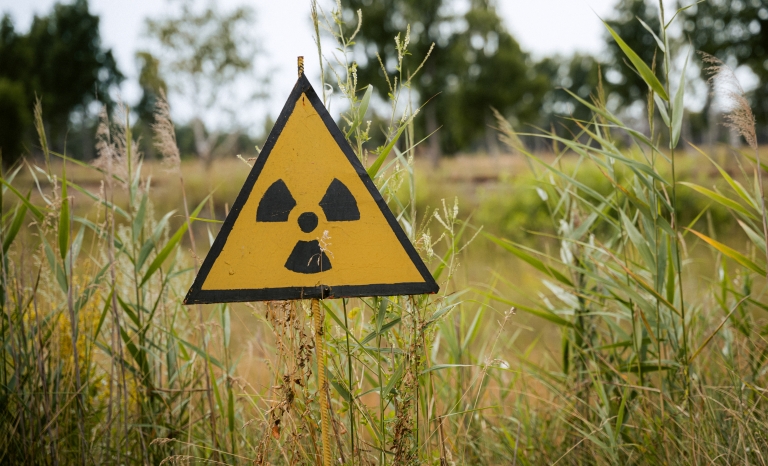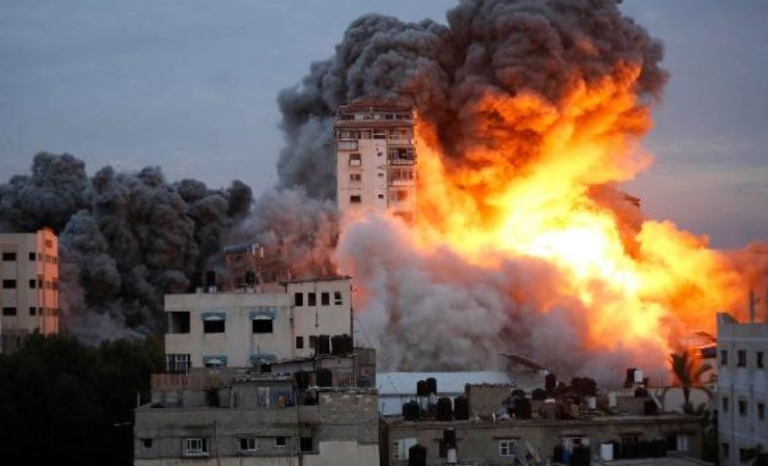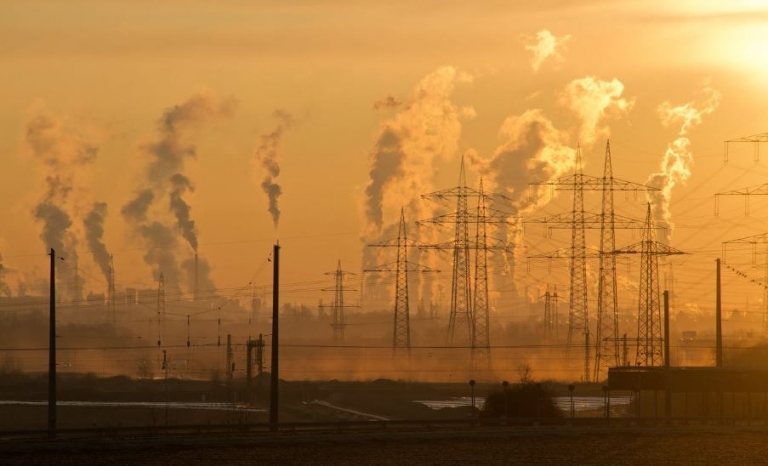Only their complete elimination will prevent this danger
Last August marked the 78th anniversary of the atomic bombings of the Japanese cities of Hiroshima and Nagasaki. Civil society was horrified to learn of the consequences of using these weapons. However, it was not until 2017 that the United Nations General Assembly approved the Treaty on the Prohibition of Nuclear Weapons (TPNW). This milestone is the result of the mobilization and efforts of civil society.
As of today, 93 states (approximately half of UN members) have signed the TPNW, and 69 have ratified it. None of the nine nuclear-armed states, however, have signed it: the United States, Russia, the United Kingdom, France, China, India, Pakistan, Israel, and North Korea. Currently, the global nuclear arsenal exceeds 12,500 weapons, with the United States and Russia possessing over 90% of them. The United States, Russia, the United Kingdom, and France have a little over 3,700 deployed nuclear weapons, meaning they are already placed in missiles or located at bomber bases.
Among these deployed weapons, around 1,800 are on high alert, meaning they can be launched within minutes. It is frightening to think that the total power of this global arsenal is roughly equivalent to 100,000 explosions like Hiroshima's, due to the much greater potency of modern bombs. Furthermore, all these countries maintain modernization programs for their respective nuclear arsenals, with the U.S. program being the most prominent. In 2022, more than 50% of the world's spending on nuclear weapons was attributed to the United States.
Nuclear-armed states consider these weapons to be one of the cornerstones of their defense policies, arguing that nuclear deterrence protects them from a potential enemy's nuclear attack.
The nuclear policy of the Biden Administration (in 2022) further complicates the international nuclear situation, as the United States does not rule out being the first to use nuclear weapons and does not limit these weapons to a deterrent role. This contrasts with the nuclear policies of what Washington views as its primary nuclear adversaries, Russia and China. The nuclear policies of these two countries reaffirm the No First Use policy and the defensive nature of their respective nuclear arsenals. However, equally concerning is Biden's nuclear policy announcement of deploying American nuclear capabilities (bombers and nuclear weapons) in the Indo-Pacific region. Obviously, this will result in increased tension in that area.
Meanwhile, Europe has once again become a potential nuclear battleground following the unilateral withdrawals by the United States from two bilateral treaties signed with the USSR (now Russia). On one hand, the INF Treaty required both countries to remove their respective short- and medium-range missiles from European territory.
On the other hand, the ABM Treaty limited the number of missile defense systems. Thus, the United States had the freedom to install its missile defense shield in Europe, upsetting the nuclear balance between the two powers. Now that the INF Treaty is no longer in force, there is nothing preventing these two countries from deploying nuclear missiles in Europe. All of this is unsettling, especially in the current context of the conflict in Ukraine. It should also be noted that the United States has had nuclear weapons deployed in Europe for decades, and now Russia has announced its intention to deploy them in Belarus.
As long as nuclear weapons exist, there is a danger that they may be used, either accidentally or intentionally. Either of these possibilities would have catastrophic consequences that healthcare and emergency infrastructure would not be able to handle.
There have been episodes where a nuclear conflict came dangerously close to breaking out. The only solution to avoid this permanent threat is the complete elimination of all nuclear weapons. To achieve this, we already have the appropriate instrument: the Treaty on the Prohibition of Nuclear Weapons. If the nine nuclear-armed states were to adhere to it, they would have the assurance of not being attacked with nuclear weapons. A negotiation process must be initiated to abandon the policy of deterrence (based on threats), and international relations should be based on diplomacy and mutual trust.












Add new comment